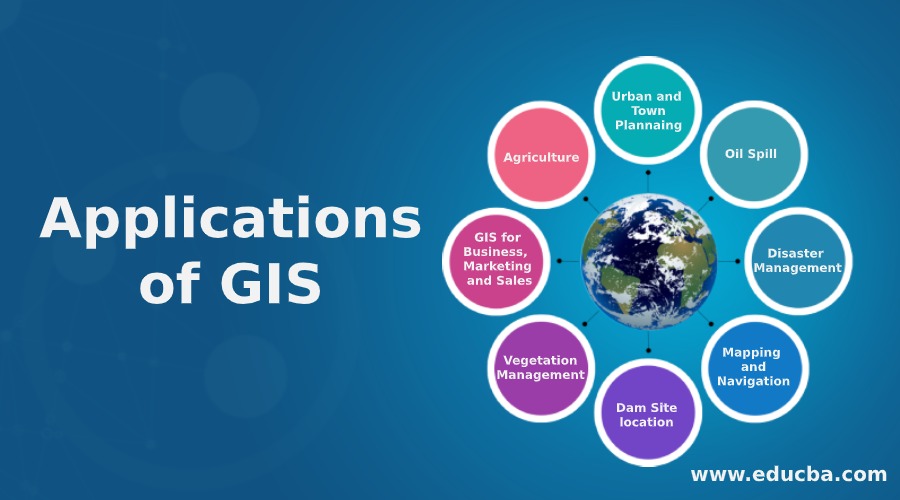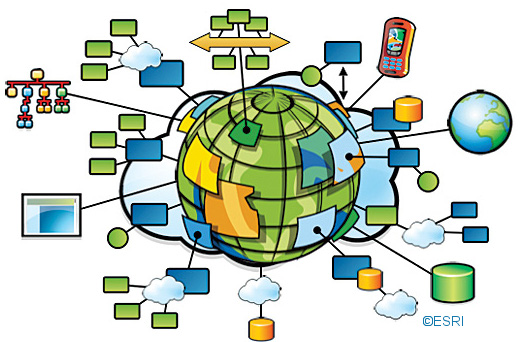Skills Required

Educational Qualifications
Geoinformatics is ‘Geography’ with Information Technology. Many fields like geoinformatics, including urban planning and land use management, in-car navigation systems, virtual globes, public health, environmental modeling and analysis, military, transport network planning and management, agriculture, meteorology and global climate change, oceanography, and matched ocean and atmosphere modeling, business location planning, architecture, and archeological reconstruction, telecommunications, criminology and crime simulation, aviation, and maritime transport. Geoinformatics becomes important technology to decision-makers across a good range of disciplines, industries, commercial sector, environmental agencies, local and national government, research, and academia, national survey and mapping organizations, International organizations, international organization, emergency services, public health, and epidemiology, crime mapping, transportation and infrastructure, information technology industries, GIS consulting firms, environmental management agencies, tourist industry, utility companies, marketing research and e-commerce, mineral exploration, etc. Many government and nongovernment agencies began to use spatial data for managing their day-to-day activities.

Public and private sector companies in India employ GIS professionals at various levels.
- Indian Space Research Organization
- National Remote Sensing Center
- National Spatial Data Infrastructure
- Indian Institute of Remote Sensing
- Forest Survey of India
- Geological Survey of India
- Survey of India
- Department of Science and Technology
- Ministry of Defence
- Ministry of Environment
- National Informatics Centre
- North Eastern Space Applications Center
- Indian Agricultural Research Institute
- Agricultural Department and Irrigation Department
- Meteorological Department
- Mining, conservation, Land Degradation, and well water Management
- Natural resources Management
- Space Application Centers and Aviation
- Urban Development Authorities and Municipalities
- Watershed and Wetland Management
Job Positions







